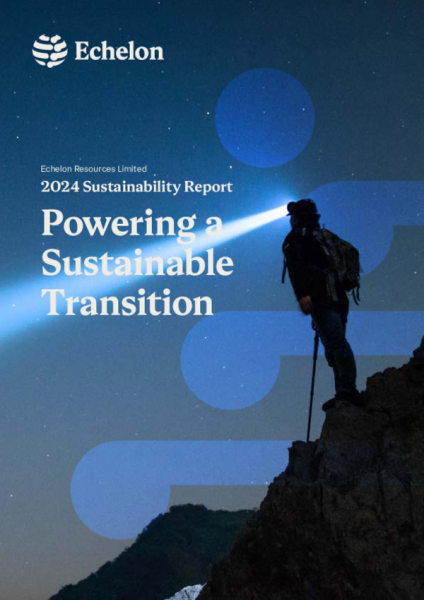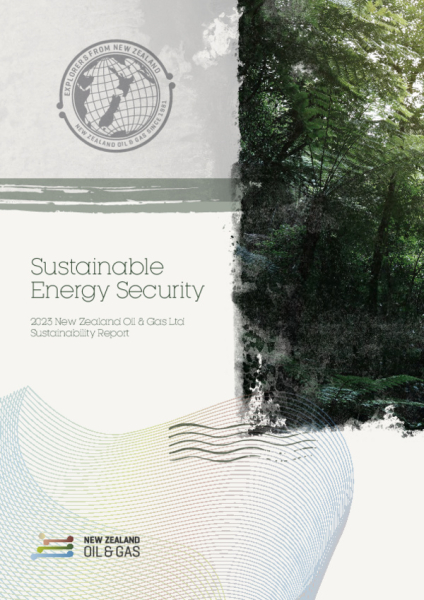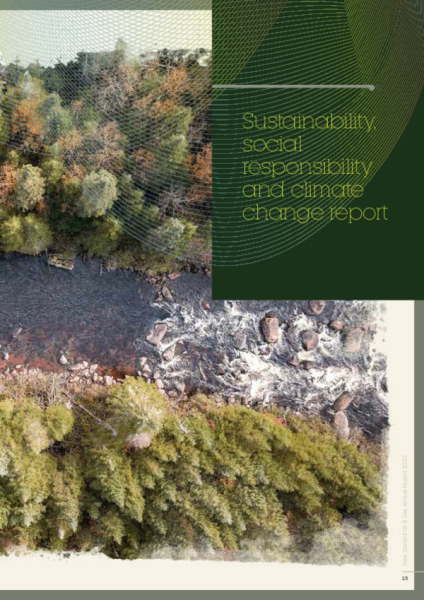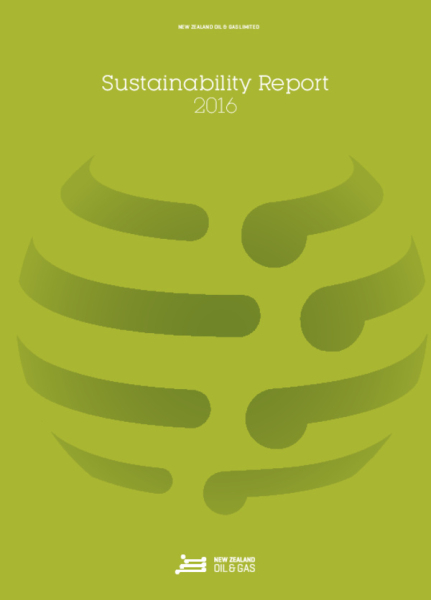
Sustainability
Read our Sustainability, Social Responsibility, TCFD and climate change report here.
Introduction
How we see Sustainability at Echelon
“We will play a responsible part in the global response to climate change, while remaining a profitable business, contributing to human development, energy affordability, and energy security. We currently do not operate producing assets. Our emissions reductions will be achieved through the application of rigorous science, and robust engineering. We will use this knowledge to collaborate with our Joint Venture Partners to plan and achieve real outcomes.. Hydrocarbons are and the cornerstone of our modern life, reliably powering everything from transport to industrial processes and renewable technologies. They are currently indispensable for feeding and powering the world, affordably, and will remain so as we build out the incredible machines that will drive the transition goals. We see our role as crucial to providing secure energy fairly, and ethically.”
- Andrew Jefferies CEO
ESG performance highlights
At Echelon, our commitment to Environmental, Social, and Governance (ESG) performance. It’s a key factor in our success as an oil and gas exploration and production company. As a non-operator we actively engage with our joint venture partners to ensure that our projects adhere to high ESG standards. While our business focus is laser-like we also aim to minimise environmental impacts, foster positive social outcomes, and uphold strong governance practices, striving to achieve sustainable and responsible development in all our ventures.
Climate change policy
View our Climate Change Policy
Environmental Policy
View our Environmental Policy
ESG KPI’s (from the sustainability report)

Our Approach to Sustainability and ESG
At Echelon, we are committed to a sustainable energy transition while maintaining energy security and supporting the communities we serve.
Our approach centers on reducing our environmental impact through carbon-efficient oil and gas production, by working closely with our joint venture partners. Our efforts are aligned with the United Nations Sustainable Development Goals, and we actively engage with stakeholders to ensure our activities contribute to a sustainable and resilient future.
View our Framework
View our Scenario Modelling

Human rights
As a company with operations in the Asia pacific region, we are dedicated to supporting and respecting internationally recognized human rights as outlined in the United Nations International Bill of Rights.
We strive to align our practices and procedures with the UN Guiding Principles on Business and Human Rights and the Voluntary Principles for Security and Human Rights. This commitment is embodied in our Human Rights and Modern Slavery Policy

Health and Safety
At Echelon, health and safety are paramount, even though we function as a non-operator.
We leverage our influence with joint venture partners who operate on our behalf to ensure the highest standards of health and safety are maintained. Our commitment is unwavering, and we work collaboratively with our partners to foster a safe and healthy work environment for all employees and contractors involved in our projects. TRIF is Zero.
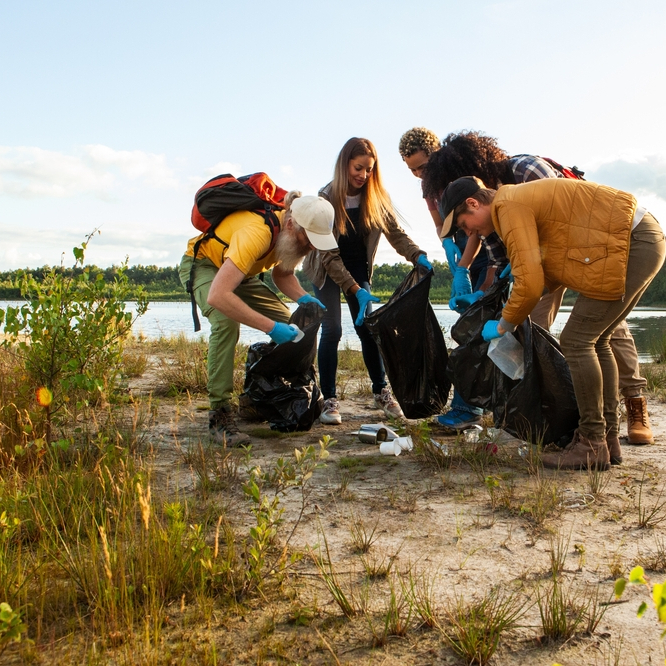
Corporate Social Responsibilities
At Echelon, our commitment to corporate social responsibility is reflected in our support for community initiatives, at a scale we can afford, that make a real difference.
We proudly support initiatives’ such as the Dunedin Curtain Bank, providing insulation solutions to local families; Trees That Count, an organisation dedicated to native tree planting across New Zealand; and the Salk Institute, which focuses on advancing sustainable environmental practices. Through these partnerships, we promote sustainability, well-being, and environmental stewardship
Dunedin Curtain Bank
Trees That Count
Salk Institute for Biological Studies
EPro8 Challenge
